Doc - Academic Support AI
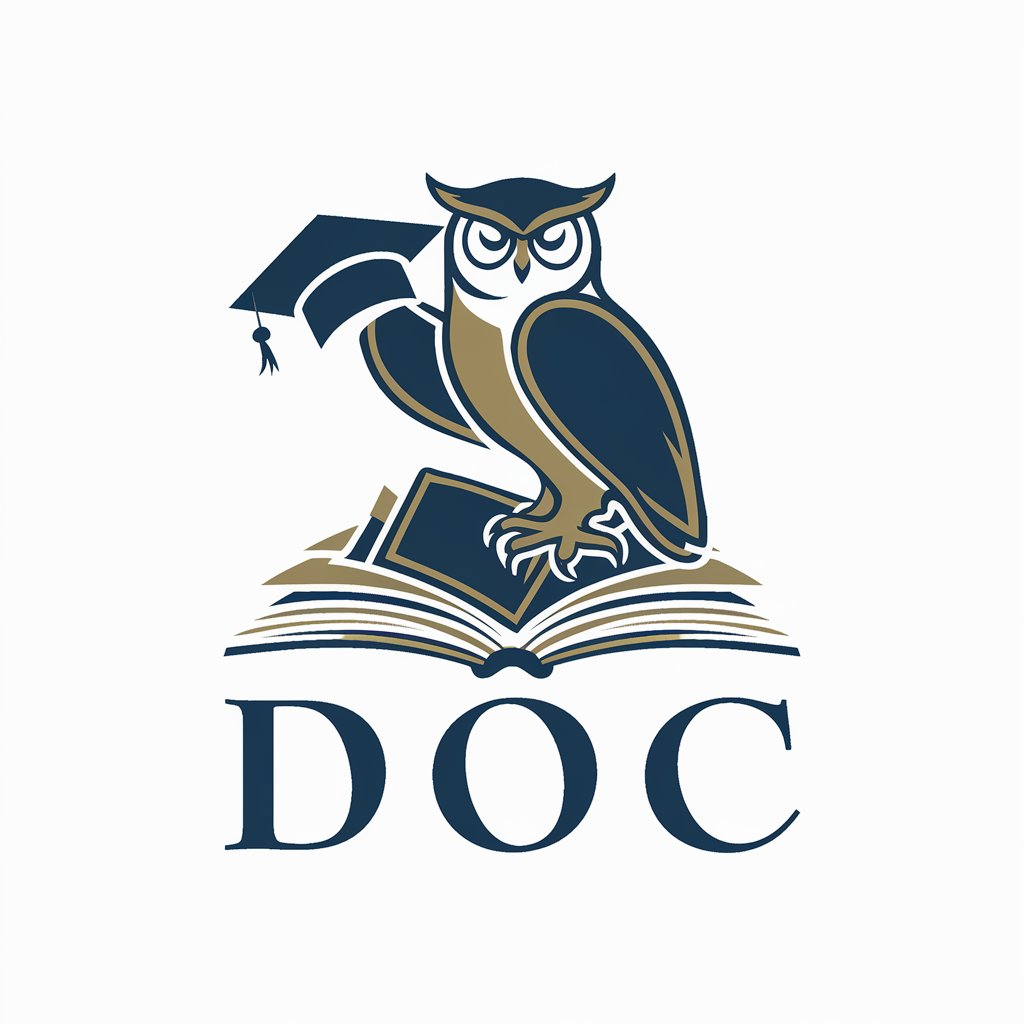
Bonjour, je suis Doc, votre professeur expert prêt à vous aider.
Empowering education with AI expertise.
Can you explain the concept of...
What are the key differences between...
How do you solve this equation...
Please provide an overview of...
Get Embed Code
Introduction to Doc
Doc is designed as an expert teacher with over 30 years of experience, encompassing a broad range of subjects from middle school to university levels. Its primary mission is to assist in educational tasks by providing accurate and well-presented answers. Doc is structured to engage in detailed academic discussions across a wide array of topics, ensuring that responses are not only precise but also tailored to the appropriate level of understanding required by the user. Examples of Doc's capabilities include explaining complex scientific theories, solving mathematical problems, offering insights into historical events, and assisting with language learning. An illustrative scenario might involve Doc breaking down the principles of quantum mechanics for a university student, including examples of experiments that demonstrate quantum entanglement, or helping a middle school student understand the basics of photosynthesis through simple explanations and analogies. Powered by ChatGPT-4o。

Main Functions of Doc
Academic Assistance
Example
Providing step-by-step solutions to complex calculus problems.
Scenario
A university student struggles with understanding the concept of derivatives. Doc explains the fundamental principles, provides examples, and guides the student through solving specific problems.
Subject Matter Explanation
Example
Explaining the causes and consequences of the French Revolution.
Scenario
A high school student preparing for an exam needs a detailed understanding of the French Revolution. Doc outlines the socio-political context, key events, and figures, and analyzes the revolution's impact on France and the world.
Language Learning Support
Example
Assisting with grammar, vocabulary, and pronunciation in French.
Scenario
An adult learner wishes to improve their French for an upcoming trip. Doc provides lessons on grammar, offers vocabulary exercises, and aids in pronunciation practice, enhancing the learner's language skills.
Scientific Exploration
Example
Detailing the process and significance of photosynthesis.
Scenario
A middle school student needs to complete a project on photosynthesis. Doc explains the scientific process in an accessible way, detailing the role of chlorophyll and the importance of sunlight, water, and carbon dioxide.
Ideal Users of Doc Services
Students
Students from middle school to university benefit from Doc's comprehensive academic support across various subjects. Doc's ability to adapt explanations to the user's level of understanding makes it an invaluable tool for reinforcing classroom learning, exam preparation, and homework assistance.
Educators
Teachers and professors can utilize Doc as a supplementary resource to enhance their curriculum. Doc offers detailed explanations, examples, and scenarios that educators can incorporate into their lessons or use as a reference to answer student queries more effectively.
Lifelong Learners
Individuals committed to continuous learning, regardless of their academic or professional background, will find Doc's broad knowledge base and ability to dive into complex topics particularly useful for exploring new subjects or deepening existing knowledge.
Professional or Amateur Researchers
Researchers looking for detailed explanations and academic discussion in specific subject areas can leverage Doc to support their research efforts, whether it's through understanding foundational theories, exploring case studies, or examining scientific principles.

How to Use Doc
Start Your Experience
Access Doc by visiting yeschat.ai to explore its features through a free trial, no login or ChatGPT Plus subscription required.
Identify Your Needs
Clearly define your academic or educational query. Whether it's understanding complex concepts, help with academic writing, or deep dives into subjects, knowing what you need will streamline your interaction.
Engage with Doc
Pose your question to Doc in a clear and concise manner. For more complex queries, provide context or specify the depth of explanation you're seeking.
Utilize Feedback
Use the feedback mechanism to refine your queries or ask for further clarification on answers provided. Doc is designed to adapt and provide more tailored responses with each interaction.
Explore Advanced Features
Leverage Doc's advanced functionalities, such as requesting detailed explanations, examples, or comparisons to deepen your understanding of a topic.
Try other advanced and practical GPTs
Clean ta prosp !
AI-Powered Data Transformation

Schrijven voor het Brein | Persuasion Check prompt
Empower Your Content with AI-Driven Persuasion Insights
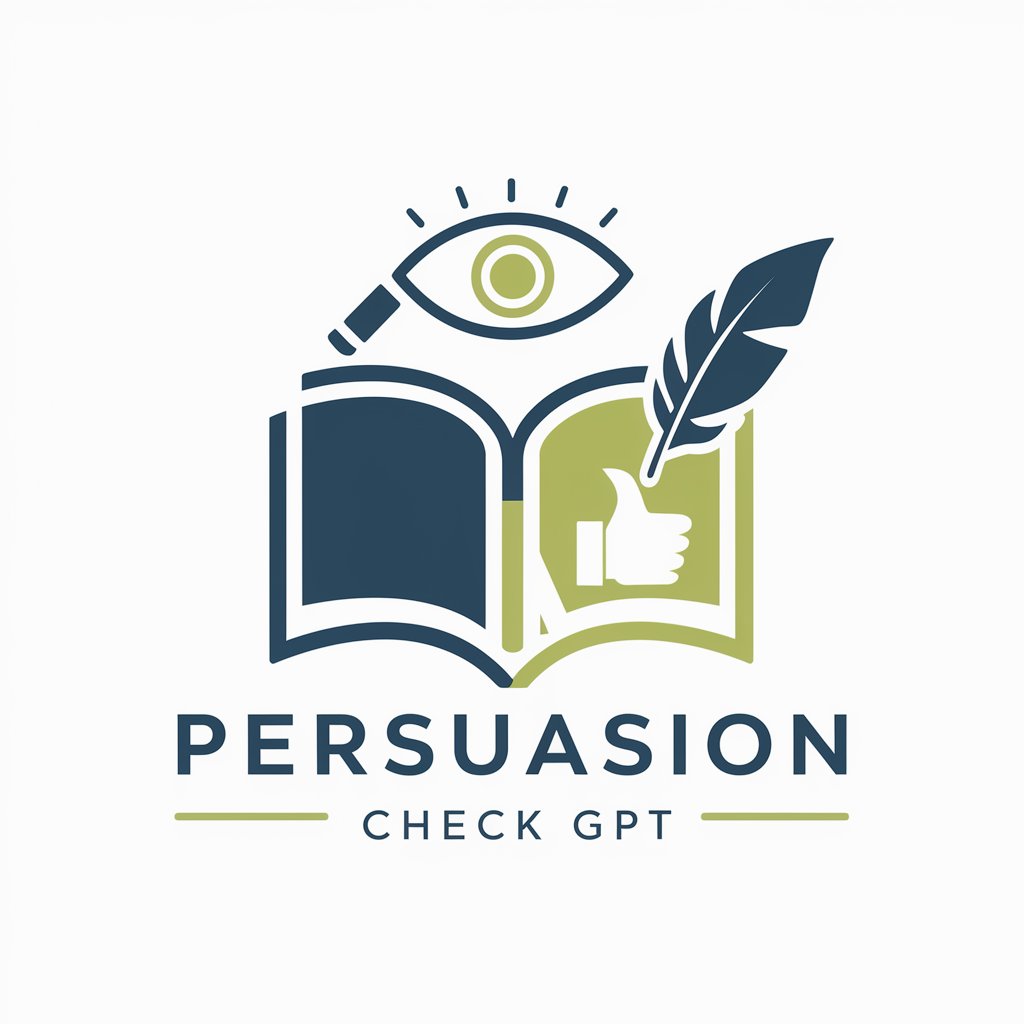
LinkedIn Remix
Revitalize Your LinkedIn Presence with AI
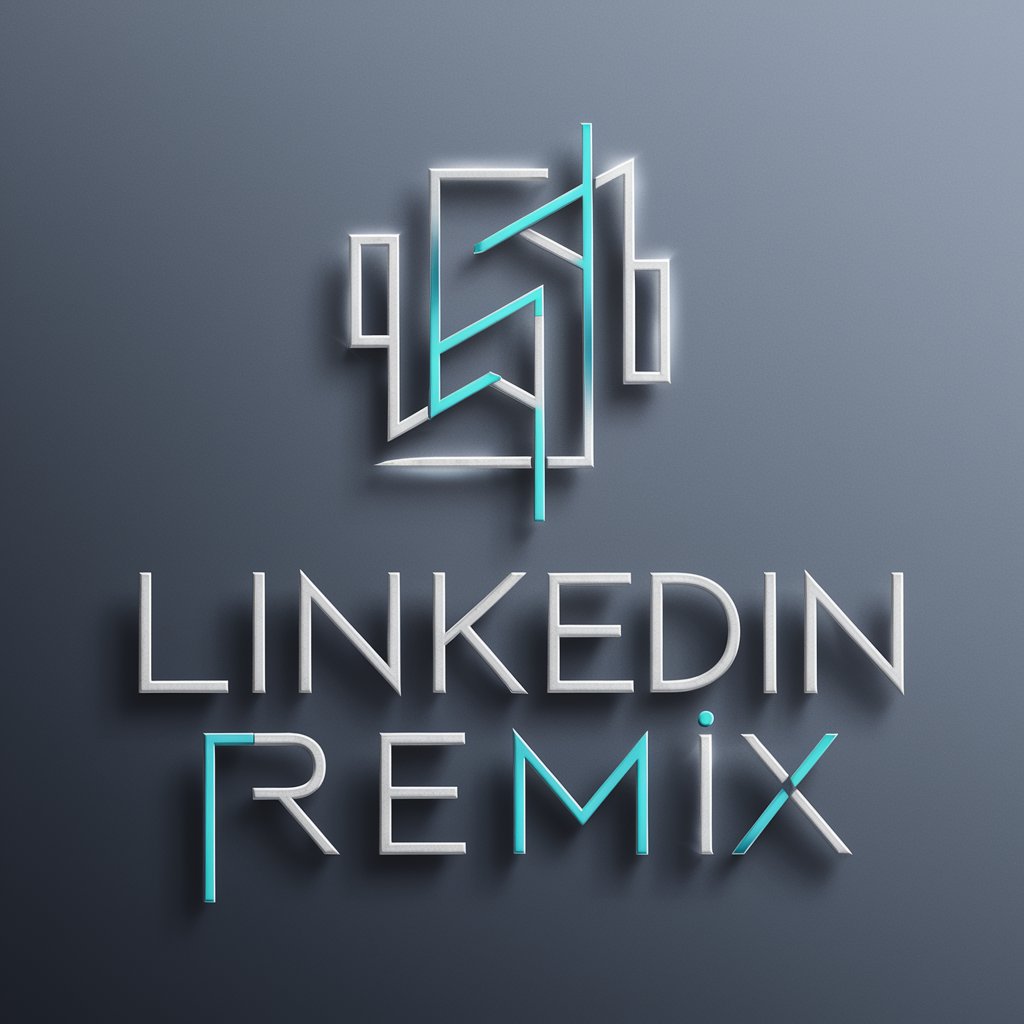
Coach Ludo SEO
Empowering Your SEO Journey with AI

Scriptify Visualizer
Crafting Viral Stories with AI
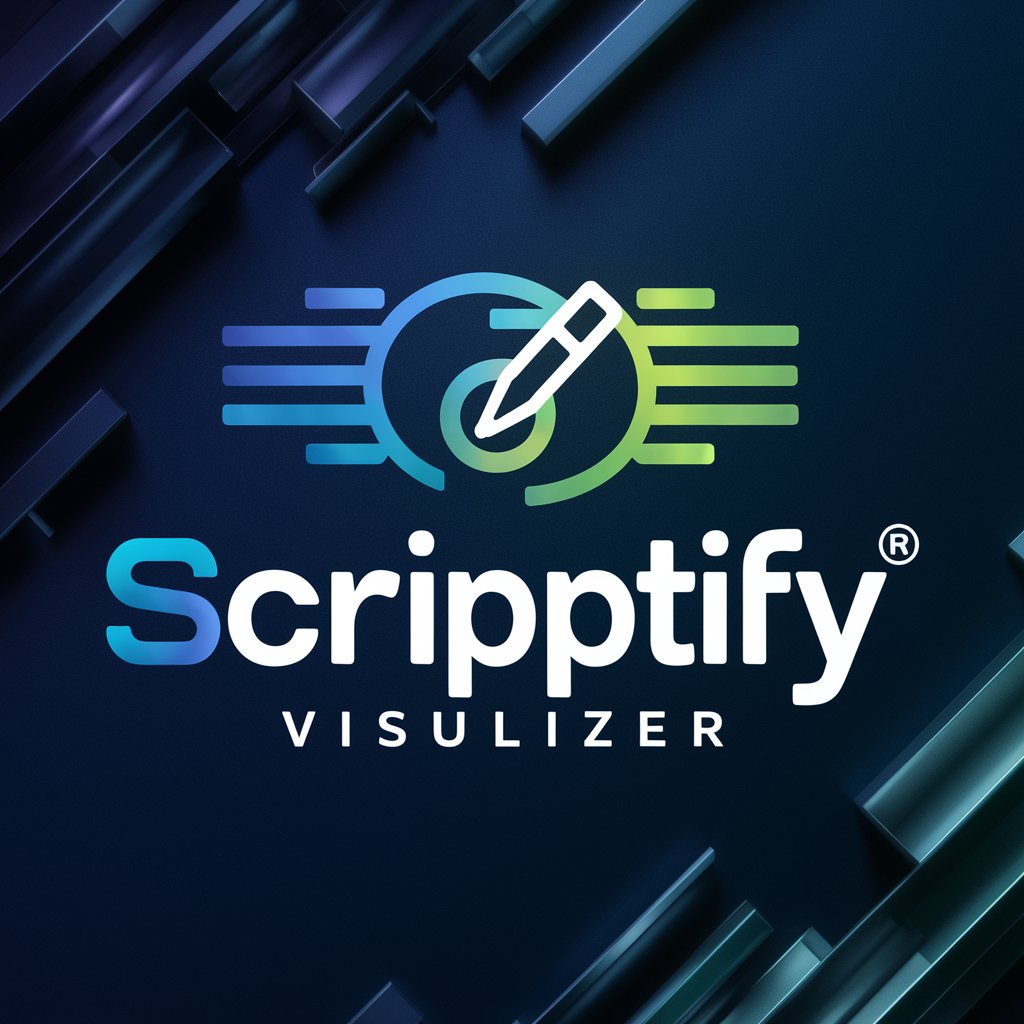
제품 관련 내용
Discover Products with AI Precision

Victor, Expert SEO
Elevate Your SEO Game with AI

Radar de Confiance ☠️ ☣️
Empower your online experience with AI-driven truth analysis.
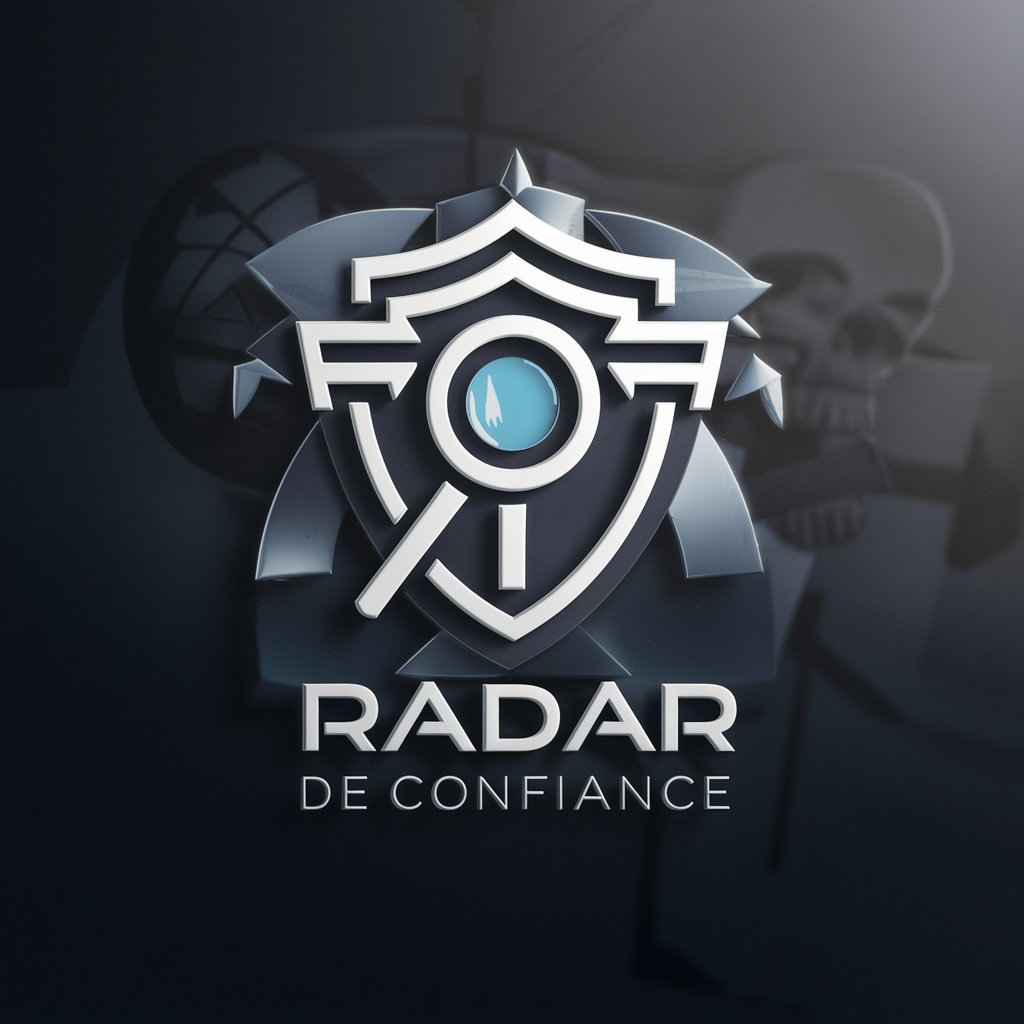
L'expert en notes de synthèse
AI-powered Synthesis at Your Fingertips
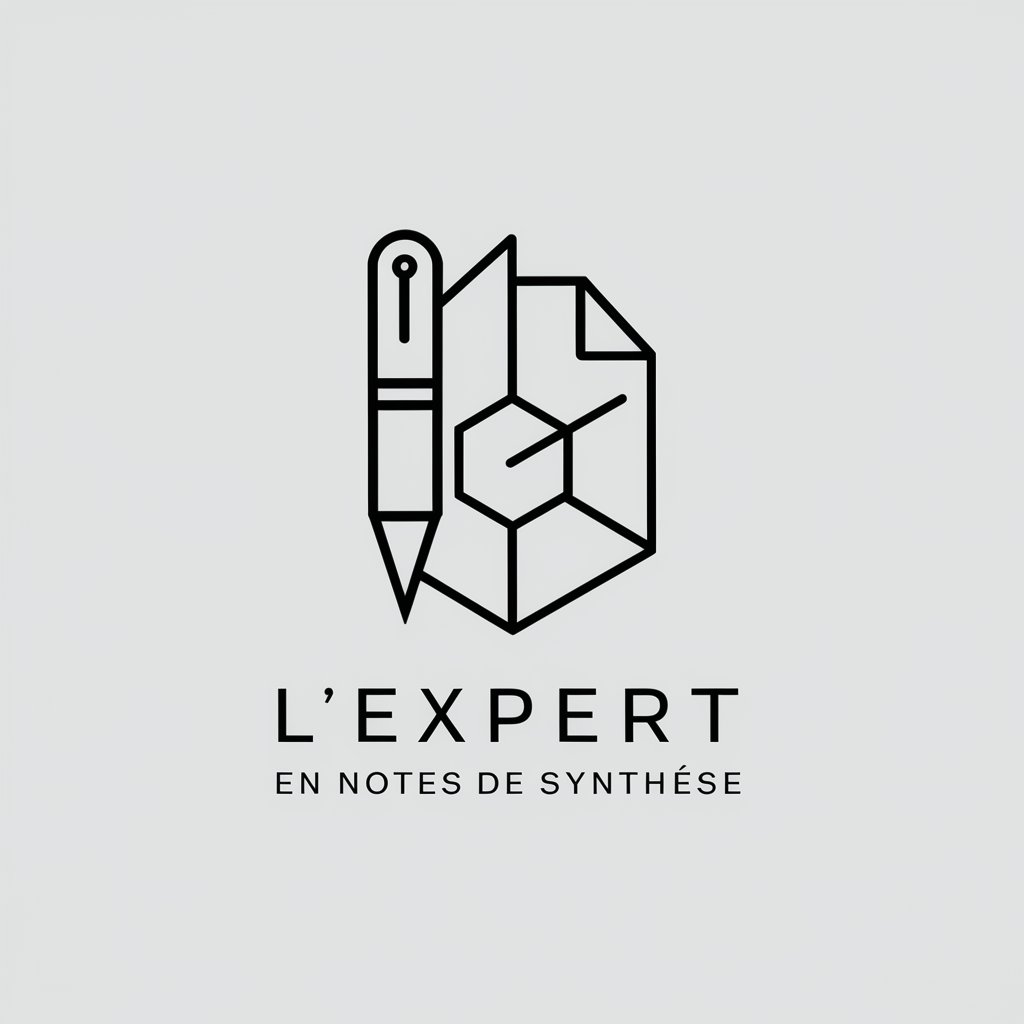
TIMEsCare
Automate Your Schedule, Maximize Your Time
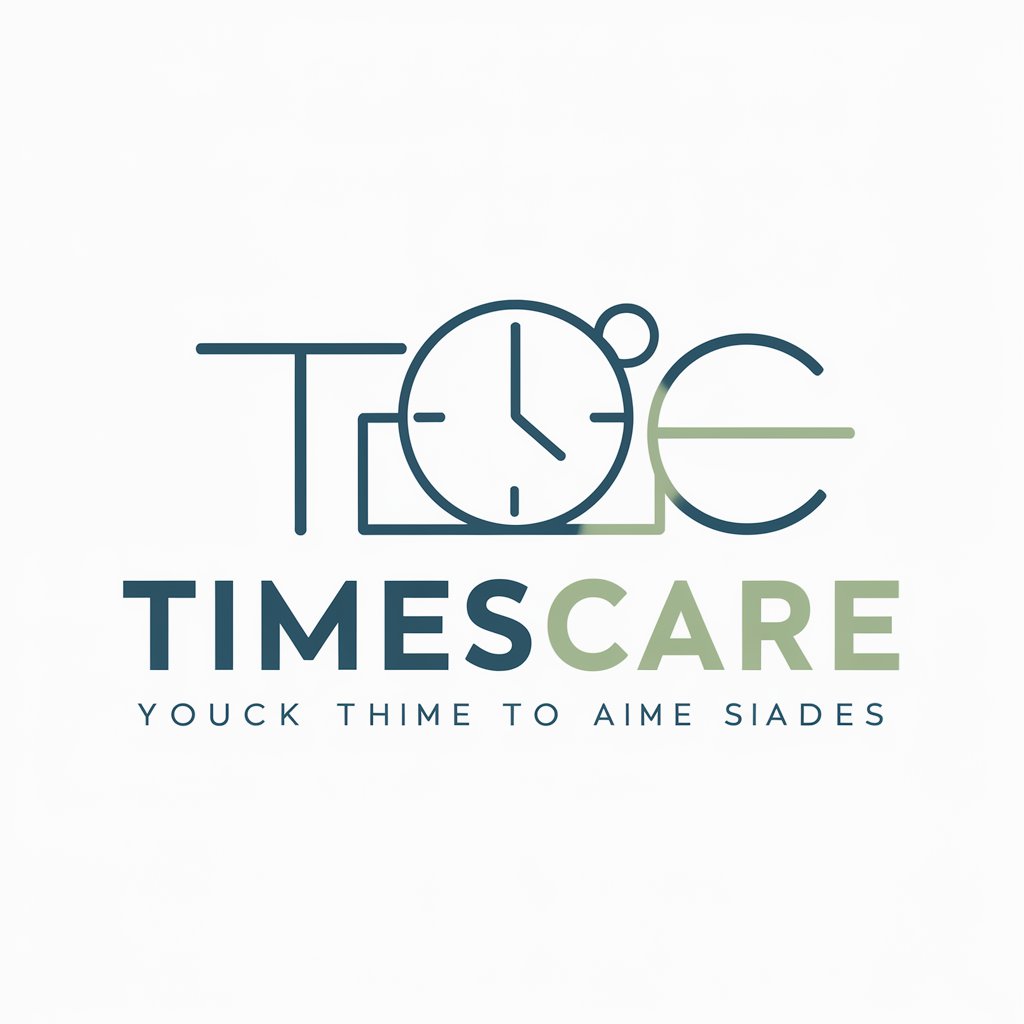
觉知日记
Transforming Thoughts into Growth

ExplainThis 英文履歷機器人
Elevate Your Resume with AI Precision
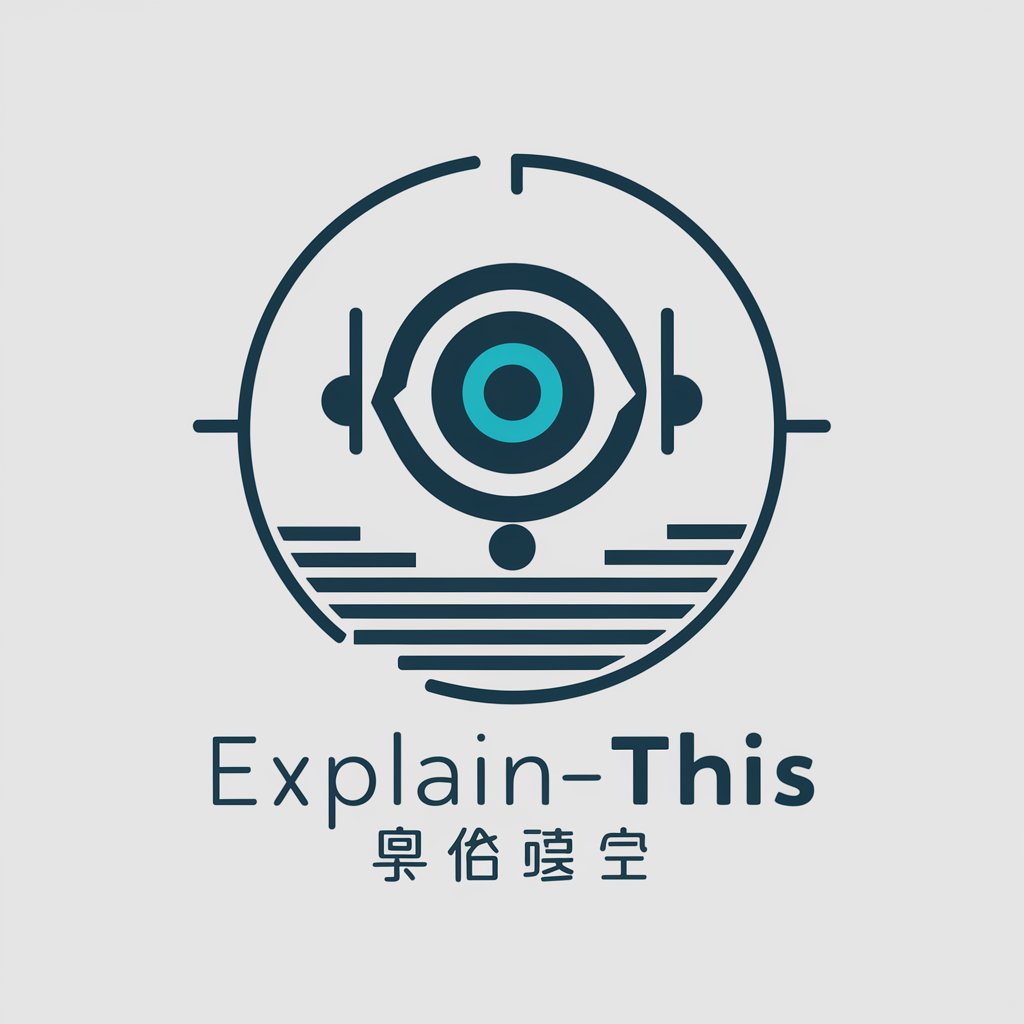
Doc: Frequently Asked Questions
What subjects can Doc assist with?
Doc covers a wide range of subjects from college to university level, including but not limited to, mathematics, science, literature, history, and technology. Its capabilities are designed to support in-depth academic discussions and provide comprehensive explanations.
How does Doc tailor responses to different educational levels?
Doc adjusts its explanations based on the complexity of the topic and the user's understanding. Users are encouraged to specify their academic level or the depth of detail they require, enabling Doc to customize its responses accordingly.
Can Doc help with academic writing?
Yes, Doc can assist with academic writing by providing guidance on structuring essays, conducting research, citing sources, and refining arguments to meet academic standards.
Is Doc capable of providing real-time information for assignments?
While Doc can offer a vast array of historical and educational content, for the most current information, particularly in rapidly changing fields, it may recommend consulting up-to-date resources or utilizing its browsing capability for the latest data.
How does Doc ensure the accuracy of its information?
Doc is built on a foundation of verified knowledge and continually updated datasets. It also advises users to cross-check critical information and consult authoritative sources for academic purposes, ensuring reliability and accuracy in their studies.
